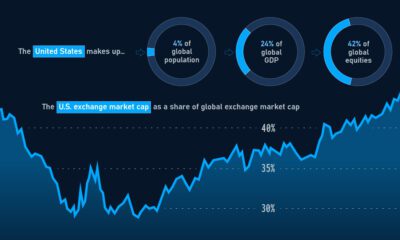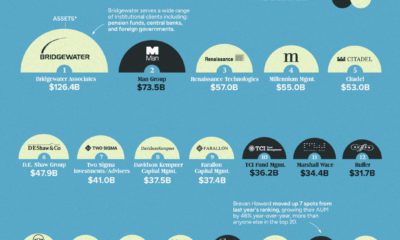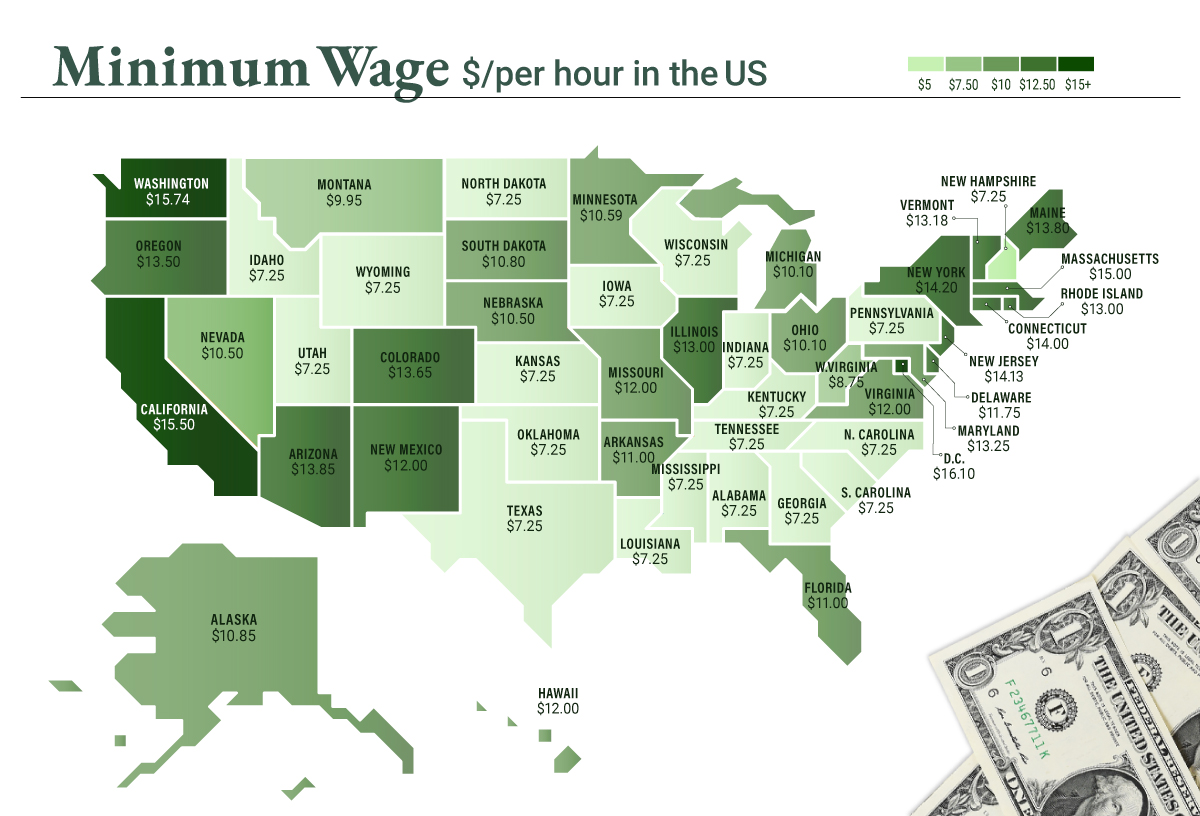Not only are there many concepts and technical terms to decipher, but nearly everybody will try to give you conflicting pieces of advice. For example, if a stock in your portfolio falls in price, should you be accumulating additional shares at a lower price or should you be strategically cutting your losses? Some experts will tell you one thing, while others will tell you precisely the opposite.
A Place to Start: Terminology
Before you drift into the many debates that the investing pundits are weighing in on, perhaps the most proactive step for a beginner is to simply learn to talk the same language as the pros. Today’s infographic comes to us from StocksToTrade.com, and it covers the most important stock market terms that every new investor should know and understand. It’s enough to get any beginner on the same playing field, so they can start toying with the more nuanced or complex concepts in the investing universe. While we don’t agree with the exact definitions of all of the terms, the list is adequate enough to get any new investor off the ground. It covers basic order terms like “bid”, “ask”, and “volume”, but it also goes into concepts like “authorized shares”, “secondary offerings”, “yield”, and a security’s “moving average”.
What’s Next?
Already got a handle on 40 of the most important stock market terms? Visual Capitalist has a ton of other powerful visual resources for new investors, or anyone else hungry to learn about how markets work:
Learn how to read stock charts Visualize the power of compound interest See this simple introduction to investing we published See how elite growth investors pick stocks Learn about the basics of ETFs and mutual funds, and even the differences between them Learn about the basics of creating a stock portfolio See how stock market indices work Understand 12 types of technical indicators for investing See how Warren Buffett’s brain works
Crush the above resources, and you’ll be market savvy in no time! on To see how the minimum wage differs around the world, we’ve visualized data from Picodi, which includes values for 67 countries as of January 2023.
Monthly Minimum Wage, by Country
The following table includes all of the data used in this infographic. Each value represents the monthly minimum wage a full-time worker would receive in each country. Picodi states that these figures are net of taxes and have been converted to USD. Generally speaking, developed countries have a higher cost of living, and thus require a higher minimum wage. Two outliers in this dataset are Argentina and Turkey, which have increased their minimum wages by 100% or more from January 2022 levels. Turkey is suffering from an ongoing currency crisis, with the lira losing over 40% of its value in 2021. Prices of basic goods have increased considerably as the Turkish lira continues to plummet. In fact, a 2022 survey found that 70% of people in Turkey were struggling to pay for food. Argentina, South America’s second-biggest economy, is also suffering from very high inflation. In response, the country announced three minimum wage increases throughout 2022.
Minimum Wage in the U.S.
Within the U.S., minimum wage varies significantly by state. We’ve visualized each state’s basic minimum rate (hourly) using January 2023 data from the U.S. Department of Labor.
2023-03-17 Update: This map was updated to fix several incorrect values. We apologize for any confusion this may have caused. America’s federal minimum wage has remained unchanged since 2009 at $7.25 per hour. Each state is allowed to set their own minimum wage, as long as it’s higher than the federal minimum. In states that do not set their own minimum, the federal minimum applies. If we assume someone works 40 hours a week, the federal minimum wage of $7.25 translates to an annual figure of just $15,080 before taxes. California’s minimum wage of $15.50 translates to $32,240 before taxes. For further perspective, check out our 2022 infographic on the salary needed to buy a home across 50 U.S. cities.













